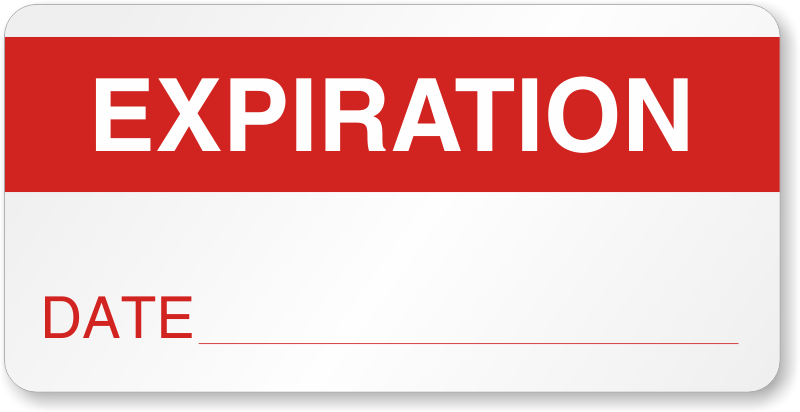
I will be speaking at the National SHRM conference (#shrm2023) this June on the topic of Ageism. It may be the last area of discrimination for organizations to confront. Recent focus on gender and sexual orientation bias has taken most of the oxygen in the board room and the breakroom. For many like me, this is no longer a one-off discussion.
My number is 62. When you see the number you may think of many things. Aaron judge hitting 62 home runs for the Yankees this past year is the first of many that come to mind. For me 62 is just a number. I play pickleball regularly and competitively in tournaments throughout the yr., get in 50-60 rounds of golf annually, and still participate weekly in a tennis game with a group started 22 years ago. More importantly I still work full-time as a national HR consultant, graduate school professor, and HR certification instructor. My plate is full and I am fortunate to be productive and providing value to my clients, organizations, staff, and students.
So why have I chosen to speak on this topic regionally and nationally over the past 4 yrs.?
The fact that I am still productive is a blessing for which I am grateful. I have witnessed firsthand colleagues, family, and friends impacted by bias towards their “Number.” A flash point for me occurred six yrs. ago when one of my best graduate HR students shared a story of how her employer at a technology recruiting firm told interns to pass on all resumes with a college graduation date that did not start with a “2”. That number is representative of individuals that graduated starting in the year 2000. Simple math would tell us that anyone over the age of 42 or 43 was passed over at the earliest point in sourcing and screening. For no other reason than a number.
Marketing departments only add to the bias with imagery of young workers and dialogue such as looking for “energetic” or words like “digital native” in their advertisements and on organizational websites. Management often feeds into the concept that older people lack technical skills, are lazy, and are only there for a paycheck. The reality is different as older workers tenure is more than double their peers in other age categories, create less performance issues, and are willing to work longer hours.
As I researched the issues and collected data on the subject it became quite clear this was not a one-off issue. Data from AARP and the EEOC only deepened my concerns about this issue. Between 1997 and 2018, more than 423,000 U.S. workers filed age discrimination claims with the EEOC. According to the Bureau of Labor Statistics. On average, a 54-year-old job hunter will be unemployed for nearly a year. A recent short article in the April 2023 AARP Bulletin shared that the EEOC will be targeting online age bias over the next five years with a specific lens on applicant tracking software use to do exactly what my HR student shared (screening out older applicants before looking at their skills and abilities).
I may not be able to hit a 98 mile an hour fastball over a 400-foot fence at the age of 62, but I couldn’t do that at the age of 32 or 22 either. The analogy of an aging athlete in business just does not resonate with true logic. Older individuals are fully capable of providing and creating value for organizations in all industries and of all sizes. It’s time to address how to change the paradigm.
Let’s keep the discussion going. Please share comments and if you’re in Las Vegas this June at the #shrm2023 conference, please make sure to connect with me.